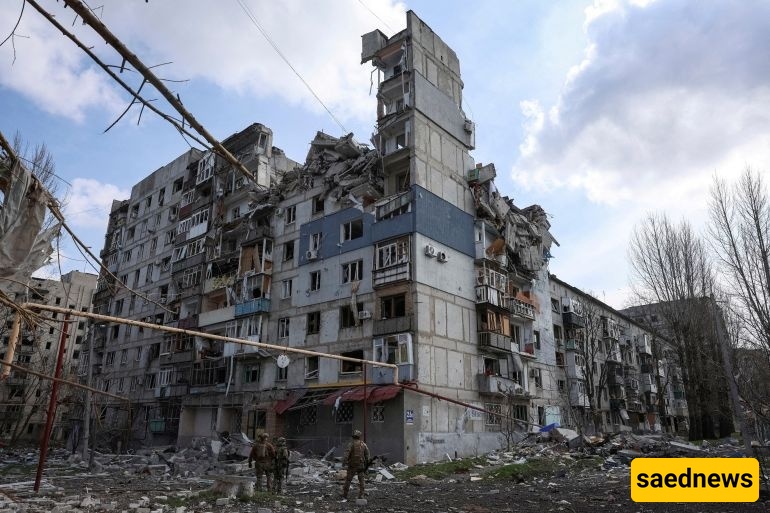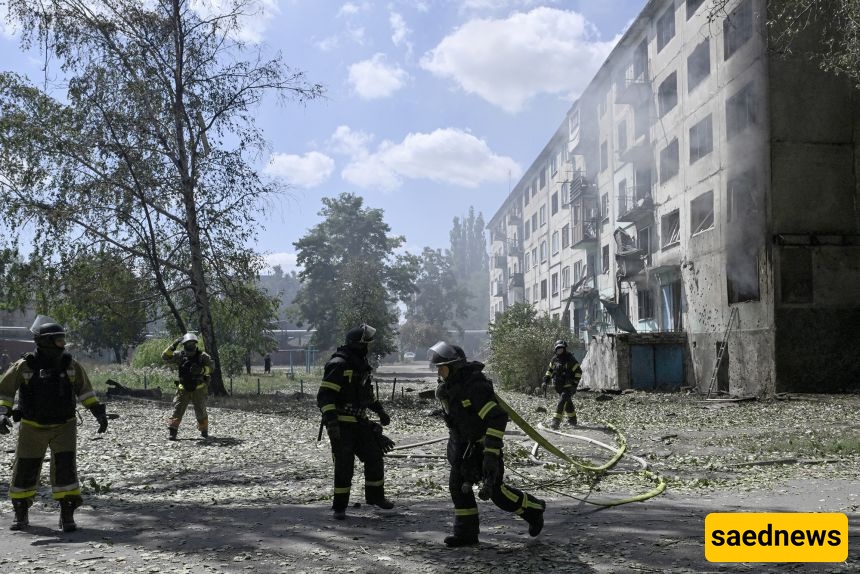SAEDNEWS: Just days before the Trump-Putin meeting in Alaska, Russian forces have made limited advances in Donetsk by breaching parts of Ukraine’s defensive lines. This development could become a political tool for Moscow at the negotiating table.

According to Saed News, quoting CNN, on the eve of the historic meeting between the U.S. and Russian presidents, eastern Ukraine witnessed a new development. Field reports indicate that Russian forces have managed to penetrate deep into Ukrainian territory in the Donetsk region by exploiting weaknesses and gaps in defenses. Military sources report advances of 10 to 17 kilometers near Dobropillia—a move that experts consider part of Moscow’s tactical pressure ahead of the negotiations.

Although limited, this operation serves as a warning for Ukraine. Key cities such as Pokrovsk and Kostiantynivka are under threat, and reinforcements have been deployed to the area. Meanwhile, Ukrainian President Volodymyr Zelensky emphasized that his country would never agree to any deal involving territorial concessions, and any negotiation without Kyiv’s participation is “invalid and dangerous.”
Military analysts believe one reason for this penetration is structural weakness in Ukraine’s command and control. The traditional hierarchical command pattern, combined with resource shortages and low battlefield flexibility, has left some defensive positions incomplete or fragile. This has created opportunities for small but effective Russian incursions.
Politically, these advances could strengthen Russia’s position in the Alaska talks. Moscow can now enter the negotiations with tangible battlefield gains and exert greater pressure on the opposing side—a clear message: without concessions on the ground, achieving concessions at the negotiating table will be difficult.
Thus, while the world watches the Trump-Putin dialogue, the battle in eastern Ukraine serves as a stark reminder that diplomacy and war remain parallel tracks, often moving in the shadow of one another.

